Exercise is medicine
Exercise is good for everyone, but it's especially important for men with prostate cancer. It helps you regain muscle mass after treatment for prostate cancer, making you stronger and helps combat weight gain. The more muscle you have the higher your metabolism is so you burn fat even when you are just sitting around.
Exercise reduces fatigue, increases muscle tone & makes you stronger
Exercise enhances feelings of masculinity
It improves your quality of life and general health
Exercise Increases survivorship
It reduces psychological and emotional stress
Exercise reduces depression and anxiety
Exercise increases libido
Aerobic and resistance exercise
It is not uncommon for men diagnosed with prostate cancer to feel depressed. Exercise has been shown to be beneficial in managing depression because it positively affects the neurotransmitters in the brain. It has many other benefits including reducing the risk of cardiovascular disease including high blood pressure, heart attacks, heart failure and strokes. It can also reduce the risk of Type II diabetes.
If you were a regular exerciser before being treated for prostate cancer it’s important to understand that you won’t be able to exercise as hard as you used to initially. If you have had surgery we advocate nothing strenuous for 6 weeks. Walking on the flat is the best way to maintain your fitness.
A combination of resistance and aerobic exercise is recommended once your doctor clears you to increase your activity levels.
Aerobic exercise helps with stamina and endurance. Aerobic exercise uses the large muscles of the body to elevate the heart rate. Things like swimming, jogging, running, cycling (if tolerated), dancing, and walking, all fit into the aerobic category of exercise.
Resistance exercises including weights increase muscle mass and strength. If you have never lifted weights get advice from an exercise physiologist or physiotherapist. You will be working towards 3 – 5 hours of exercise per week. N.B. Build up to this level slowly. Studies have shown that this level of activity reduces the risk of disease recurrence by up to 50%. (See Kenfield et al Study Journal Clinical Oncology)
Exercise is a powerful tool
- Make exercise something you enjoy to increase the odds of continuing with it.
- Look after your body. Don’t exercise when it is too hot.
- Make sure you wear good fitting, good quality supportive footwear.
- Don’t forget to warm up and cool down.
- Drink enough water - about 1 litre for every hour you exercise.



